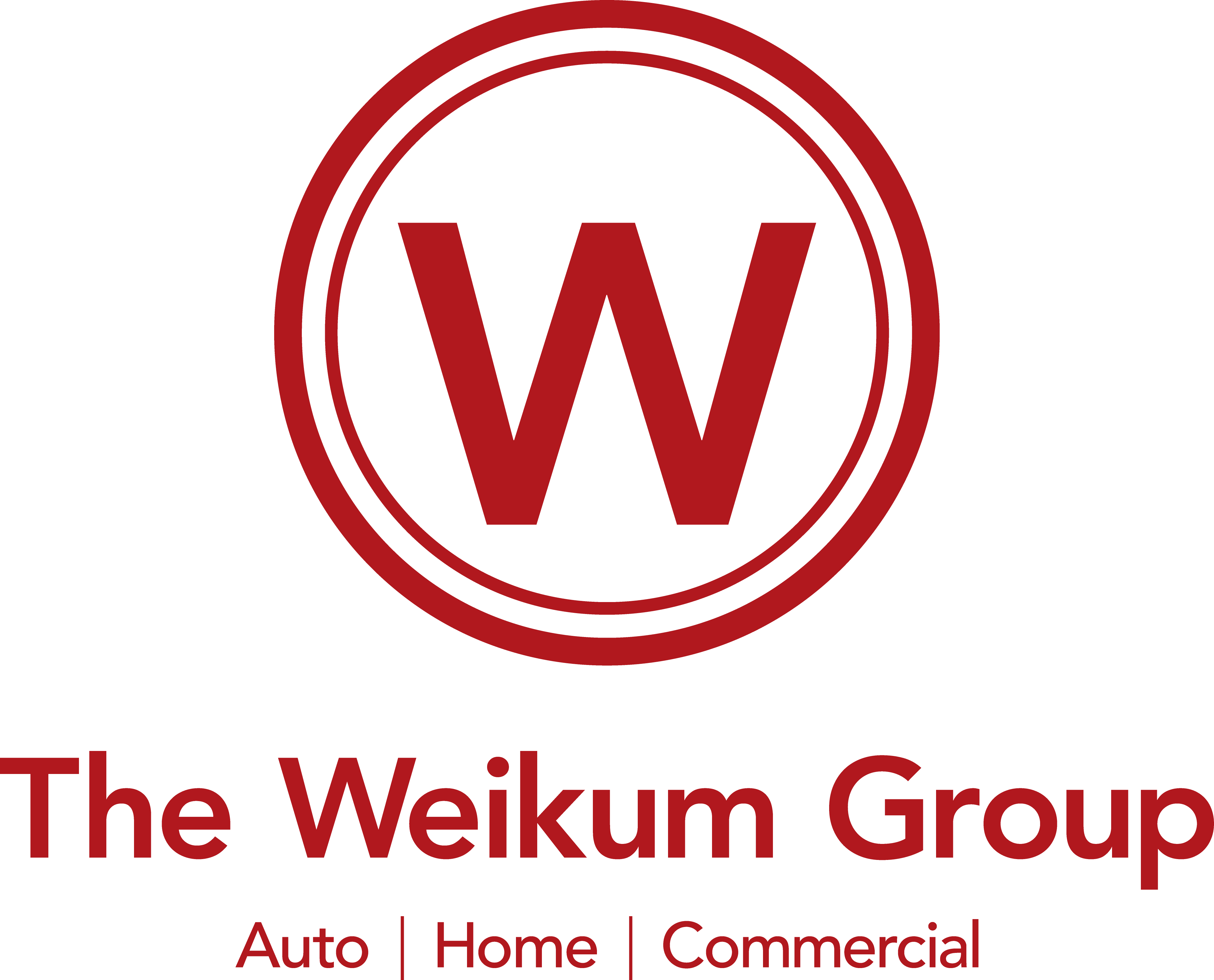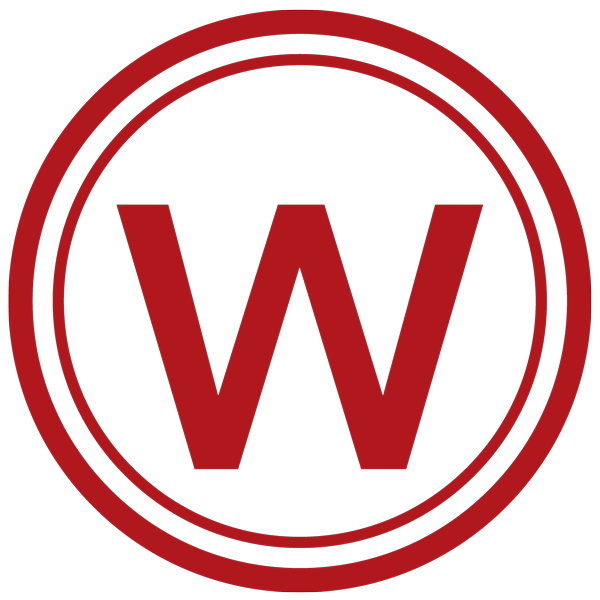Let’s first make sure we are all on the same page!
Aftermarket parts are produced by another company that isn’t your manufacturer. So if GM or Toyota produces a part, other companies will create a similar product at a discounted price.
For example- I had recently installed a tow hitch to my SUV. The GM dealer wanted $600 dollars, whereas I was able to find an Aftermarket tow hitch for $200 dollars.
Another example is like choosing Kroger brand pasta noodles over name brand. For many products, aftermarket options are just as good as the name brand without the premium. This is how insurance companies control premium costs for its clients.
In a claim situation, insurance companies are liable to return your vehicle to a pre-loss condition. If this was a claim, it would not be acceptable to use the aftermarket part due to the difference in fit and appearance.
OEM or Original Manufacturer parts are produced by the car manufacturer. In many cases, it is financially expedient to create the part using their pre-existing facilities. Please note that manufacturers do not produce these parts forever!
Not all parts of a vehicle are OEM.
Car manufacturers often opt to create parts to lower price or control quality, yet that does not mean that Toyota or GM produce every single part on a vehicle.
Aftermarket parts are not used parts.
Many clients often confuse aftermarket with a used part. Aftermarket parts are brand new, just manufactured by a party that isn’t the car manufacturer.
Insurance companies will opt for used parts too
When certain circumstances allow for it, insurance companies will opt for a used part. This is an undamaged part taken from a salvage yard and used for the repair. A couple of things to note. Since body shops have a reputation to uphold, they will not use a damaged used part. So if it arrives, they will notify the insurance company of the damaged product, and not use it.
What does this mean for you?
Well- if you are the insured, your options are limited. Since the insurance contract is an aleatory contract, the process is spelled out in the contract and gives the insured little recourse in how an insurance company decides to repair your vehicle.
- If the use of OEM parts is available, many insurance companies will allow the insureds to pay the premium difference.
- If your vehicle qualifies, you can endorse the policy to change the language of the contract to use OEM parts when available.
I want to stress that the appearance and function should be identical to how your vehicle operated before the loss! The goal is to provide an OEM experience with an aftermarket price.
If you are the claimant (not-at-fault party) the settlement process is different. This is where having an insurance agent to help you navigate the claims process comes in handy. A call center will not be able to provide you with providing insight and often leaves its clients guessing on how to settle a claim. Since each claim is different, I hesitate to offer any advice via a blog. If you are a client with TWG, please call asap and I will be happy to discuss!
In summary
As a former claims adjuster, I have had my fair share of experiences with aftermarket vs OEM parts. I have seen numerous repairs using aftermarket and used parts without the client ever knowing the difference after insisting OEM parts.
At the end of the day, having a trusted shop will be the greatest tool when it comes to the finished product. Great body shops will have experience with certain aftermarket parts, knowing if they fit well on your vehicle. They will also advocate for you if the part doesn’t fit well, as their reputation is on the line.


